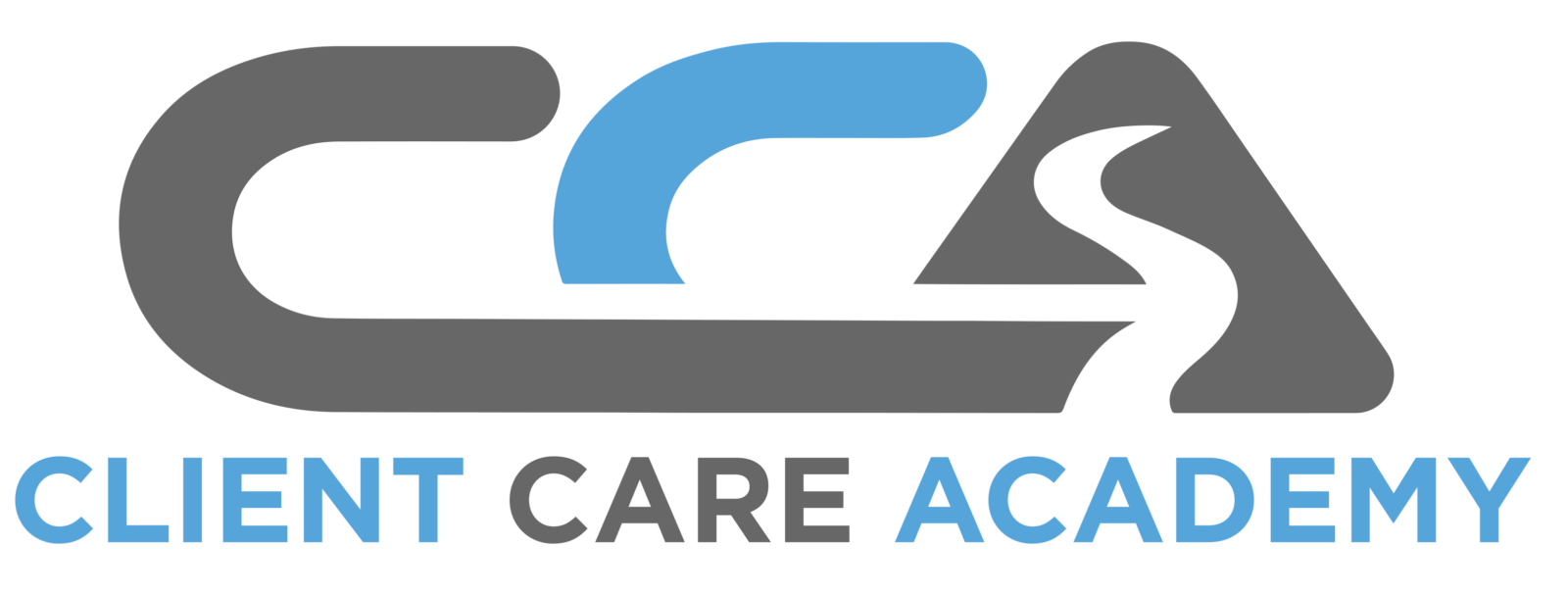This article describes the client care program model, explains how valuable it can be to both clients and attorneys, and explains, in broad terms, how to start a program and what services should be included.
Over the next several decades, trillions of dollars are expected to pass from one generation to the next. Unfortunately, failed and outdated estate plans will cause a significant percentage of those dollars to be unnecessarily diverted to lawyers, probate courts and the state and federal government in the form of higher than necessary ’ fees, costs and estate taxes. As discussed in my previous article in October, most estate plans are out of date because the typical client will not come back and update their plan, even when prodded by their estate planning attorney.
When a client retains an estate planning attorney to not just design and implement an estate plan, but also to maintain it, the attorney, the client and the client’s family all benefit. Through our firm’s experience, one of the best ways to actually maintain a plan and keep it current is through the development and implementation of a formal “maintenance program”.
Although there has been much discussion regarding maintenance programs, very few firms have actually built their businesses around the maintenance program model. There are a few reasons for this. Many firms simply don’t know how or where to begin. Some may question how they could maintain financial viability with such an arrangement. Still others wonder whether the time and effort required to design and implement a successful maintenance program is actually worth it. The purpose of this article is to get beyond the conversation about the concept of a maintenance program and to discuss why a maintenance program is essential, workable and worth it. Further we will begin to discuss how to implement a maintenance program.
First, what is a maintenance program? A client maintenance (or membership) program is an estate planning model based on ongoing representation of the estate planning client. It goes against the traditional “transactional” model (Here are your documents —call your attorney when you want to make changes) and toward a “relationship” model. Maintenance plans vary, but at their most basic level, consist of a periodic review of estate planning documents, asset ownership, client goals and other estate planning-related matters. The main distinction between maintenance-centric and non-maintenance-centric estate planning is that maintenance-centric estate planning is a proactive engagement between the estate planning attorney and client whereby the attorney is hired (and typically paid annually) to maintain the plan and the client is obligated to continue to provide information to the attorney. The goal of the representation is not just to have “good” legal documents, but to have a plan which will succeed when the client dies. In order to be successful, the plan must: be consistent with the current laws in effect; have assets properly titled in accordance with the client’s estate plan; and be aligned with the client’s family and personal goals.
Why have a maintenance program? The simple answer is: because a maintenance program is a “win-win” both for the client and for the attorney. A maintenance program is a common sense process for both the attorney and client. Almost all of our clients have represented that one of the main reasons they would not call or meet with their previous counsel is that as soon as they were in communication with the attorney the “meter begins to run” and fear they will be billed by “the hour/minute”. An annual maintenance program based on an annual “flat price” will remove one of the primary barriers preventing clients from being in communication, providing information and updating their plan. An estate planning maintenance program allows the client an “affordable” means to communicate with the attorney (to ask questions that may come up) and to provide information and documents necessary to keep the estate plan current. Through this model of open communication, consisting of a regular review and updating of assets and the estate plan documents, the chances that the plan will be up to date and work at the time the client dies increases dramatically. From the law firm’s perspective, many attorneys do not have a mechanism in place to charge current clients for periodic phone calls or other counseling that they may need. Some attorneys will submit hourly bills which are often objected to by the client, causing lost time and frustration for both the attorney and the client. After all, from the clients’ perspective, they were just asking that “simple question”. A maintenance program structure provides for the attorney to be compensated for his or her time, but on a “flat price” platform, which the client can consider a “controlled cost”.
Perhaps the greatest financial benefit of a maintenance program for an attorney or firm is the increased referrals and recurring revenue that the maintenance program will generate. We have identified at least six sources of revenue or referrals that result directly from a maintenance program outside of any marketing to referral sources. They are as follows:
- Annual maintenance fees generated by the annual maintenance program;
- Additional work needed by the client apart from the original engagement or annual maintenance services;
- Client referrals;
- Client family members and fiduciaries becoming clients as a result of the generational planning and as a result of the Family Care Meeting™;
- Trust administration fees from clients; and
- Referrals from clients’ other advisors after being part of the Family Care Meeting™ and seeing the maintenance program in action.
If clients believe they have been well taken care of, they become the very best evangelists for the attorney and the maintenance program itself, and will refer their friends and family members. If a maintenance program provides for a family meeting structure, the seeds of a relationship with those family members have already been planted. In this regard, a maintenance program is simply one of the most effective business-generating tools an attorney can have. In addition, a maintenance program helps to create a financially viable, stable practice which has the ability to thrive in good and bad economic times. Aside from creating an annual revenue source, maintenance programs are creating businesses that have quantifiable value. We suggest that the annual fees plus the administration work after a client dies will be seen as an asset. We have estimated that our base clients (with estate values of less than $7 million) will need administration services to assist in passing over $1 billion at death.
How does one start a maintenance program? Over the past decade, maintenance program implementation has, for many firms, been a trial and error process. While there is no silver bullet, the success of any maintenance program begins with the attorney believing that the maintenance program will work and then “committing” to the implementation of the maintenance program. Those firms that are not clear as to what services to provide or whether it will work often have few clients enroll or have their maintenance programs go out of existence over time. In addition, the proper implementation of the maintenance plan hinges on efficiency and organization. Creating systems for managing the day-to-day tasks of office life is essential – from the seemingly small things (such as managing incoming mail) to many of the larger tasks (annual invoicing of maintenance program clients, tracking initial funding of assets into the trust and continual funding of assets, and updating documents). Identifying and building systems around the services that the attorney or firm wants to provide as part of their annual maintenance program is all part of mapping a route to success. In addition, finding a mentor or coach who has already “done it” and has a thriving maintenance program in place will help attorneys to learn from the mistakes of others and eliminate much of the error from “trial and error”.
In terms of enrolling existing clients in the maintenance program, there are two schools of thought. One is that a line is drawn in the sand and from that day forward, only future clients may enroll in the maintenance program. The other, and the approach that our firm has taken, is to start by going back to former estate planning clients and having them “convert” into the maintenance program model. We found it an easy conversation to have with our old clients. We simply state the truth –“As professionals who continue to learn in a profession that is constantly evolving, we have learned a new system which we believe is essential and will dramatically increase the chances of an estate plan working and your family being taken care of at the time of death.”
What services should my maintenance plan include? There is no standard in the estate planning community regarding what should be included. Each firm must decide what services to include based upon their core values, resources (number of support team members, attorneys or type of outsource providers) and services they feel are essential for their clients and that can actually be delivered. Some firms simply provide short phone calls and copies of documents upon request as their “maintenance program”; other firms provideone on one meetings with the attorney, annual asset reviews and reviews of estate planning documents and restatements of documents on a regular basis. Two notes of caution for those firms that may consider offering one-on-one annual meetings. On-on-one annual meetings are not typically the most important element in keeping an estate plan current. Further, the attorney may become overwhelmed with meetings once the number of maintenance clients becomes significant.
How does funding or re-titling of assets play into the maintenance program? Failure to link funding to maintenance programs is one of the flaws inherent in many failed maintenance programs. If estate planning documents are regularly reviewed and kept up to date, but no assets are actually titled through the document, in most cases, there was no sense in updating the documents in the first place. Any maintenance program must address the issue of funding – both initially and ongoing, reviewing asset values and how they are owned – so that the assets are in alignment with the estate planning documents at the time of death.
Within the next ten years, the estate planning maintenance program model will become the industry standard. With the economic, cultural and estate tax law changes occurring at an alarming pace, a maintenance program is no longer just a “good idea”. It is an essential element to having an estate plan work at death. Furthermore, from the law firm’s perspective, the annual maintenance program can create a financially viable and vibrant estate planning practice that will thrive and prosper during recessionary periods and in the face of uncertainty in the estate tax laws.
Vincent E. Bonazzoli is the principal and sole owner of the Family Estate Planning Law Group, located in Lynnfield, Massachusetts. The firm provides more than 325 families with Advanced and General Estate Planning, Retirement and Business Planning, Wealth Strategies & Planning, Trust and Estate Administration, Probate Administration and Medicaid Planning. In 2001, the firm launched a mandatory updating program for clients, providing them with continuous estate planning counsel. Attorney Bonazzoli has founded the Client Maintenance Academy™, a program committed to training estate planning law firms in creating and successfully implementing profitable client maintenance/membership programs. Attorney Bonazzoli has identified the “Seven Sources of Revenue” that are generated from the client maintenance program, and over the last ten years has averaged over 93% renewal rate and over 97% in 2008 in the midst of one of the worst recessions since the Great Depression. He is also a Practice Advisor for Atticus, Inc., coaching attorneys in building sustainable, profitable law firms and supporting attorneys in achieving balance in their professional and personal lives. For any questions regarding this article, please email [email protected].




